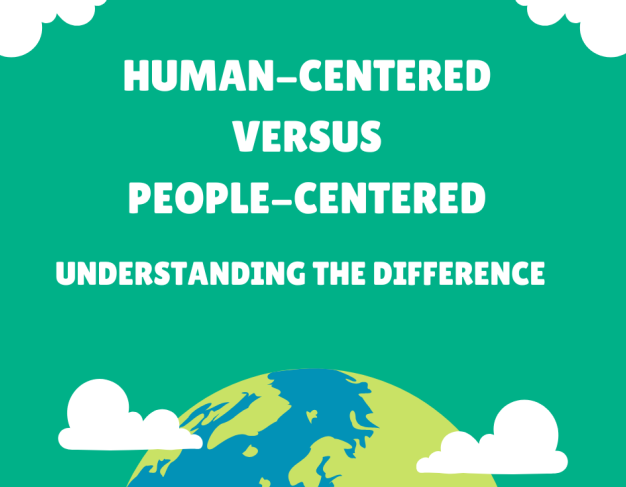ICSB GAZETTE
Submit to the Member SpotlightTHE TOP 10 Micro, Small, and Medium Enterprises Trends for 2020
2020 and a dawn of a new decade welcome MSMEs with many exciting opportunities for growth and prosperity, yet it comes with hazards and challenges. Recognized globally for their contributions to innovation and improving economic conditions, MSMEs are the number one job creators across the world.
Last year, ICSB reported that one of the biggest challenges inhibiting the growth of MSMEs was not technology or macro-level issues but with the entrepreneur or small business owner and the power of belief or the lack thereof. Other trends on the 2019’s covered common prevailing topics like the impact that the world’s 1.8 billion youth have on the economy. The population of young people (ages 10 to 24) in the world is at an all-time high.
The other major issue projected in 2019 was that global trade wars will have a major impact on MSMEs. The gloves have come off between the two largest economies in the world, and the imposition of tariffs by each country has plunged the world economy into turmoil.
For 2020, we see major trends continuing yet with three new remarkable changes to the landscape for MSMEs. It is astonishing what a difference a year makes! Here are ICSB’s 2020 Top Ten Trends for MSMEs: Please scroll down to read the Top Ten Trends
Financial inclusion for MSMEs and women’s economic empowerment
The importance of micro-, small, and medium-sized enterprises (MSMEs) in national economies is well known, as well as is their global impact, since, by number, they dominate the world business stage. But notwithstanding the wide acknowledgment of MSMEs’importance to national economies, they still face difficulties that need to be addressed, such as informality, low productivity, and limited access to finance. When Argentina, with the support of the International Council for Small Business (ICSB), decided in 2017 to present a resolution to the General Assembly of the United Nations establishing June 27 as MSMEs Day, the idea behind it was to showcase the importance of these enterprises in the achievement of the 2030 Agenda for Sustainable Development and raise awareness about the difficulties these enterprises face.
Restructuring for Resilience: Europe Post COVID-19
Restructuring for Resilience: Europe Post COVID-19Monday, June, 15, 2020 Restructuring for Resilience: Europe Post COVID-19Monday, June, 15, 2020 How can Europe Restructure to overcome COVID-19? As the peak day approaches on April 19th, Europe begins to look past the...
True Equitable Embodiment
True Equitable Embodiment Monday, June, 8, 2020 True Equitable Embodiment Monday, June, 8, 2020 We are living through a revolution towards cohesion As protesters line the streets of every major city, I can not help but hear the cry for a just and green economy. All...
An Analysis and Comparison of the Brazilian and Canadian Economies
An Analysis and Comparison of the Brazilian and Canadian EconomiesMonday, May, 25, 2020 An Analysis and Comparison of the Brazilian and Canadian EconomiesMonday, May, 25, 2020 What are the differences between these economic policy roadmaps? 2019 saw both the...
An Analysis and Comparison of the Armenian and Australian Economies
An Analysis and Comparison of the Armenian and Australian Economies Monday, May, 18, 2020 An Analysis and Comparison of the Armenian and Australian Economies Monday, May, 18, 2020 What are the differences between these economic policy roadmaps? Armenia implemented...
An Overview of Entrepreneurship
An Overview of Entrepreneurship Monday, May, 11, 2020 An Overview of Entrepreneurship Monday, May, 11, 2020 What are the impacts entrepreneurship has on the world? The 2019/20 GEM Global Report has provided a wealth of detail on entrepreneurial attitudes, perceptions...
The Entrepreneurship Context
Previous chapters have detailed the rich tapestry of entrepreneurial activity across the globe in its many forms, shapes and sizes, by reporting the results of more than 150,000 nationally representative interviews in 50 economies.
Exiting a Business
Exiting a Business Monday, April, 20, 2020 Exiting a Business Monday, April, 20, 2020 Reasons for ending involvement in a business In any dynamic entrepreneurial society it is inevitable, in order to promote and benefit from entrepreneurship, that some of these...
Informal Investment
Many news sources, particularly in developed economies, characterize those starting new businesses as building smartphone applications using high technology in open-plan offices.











